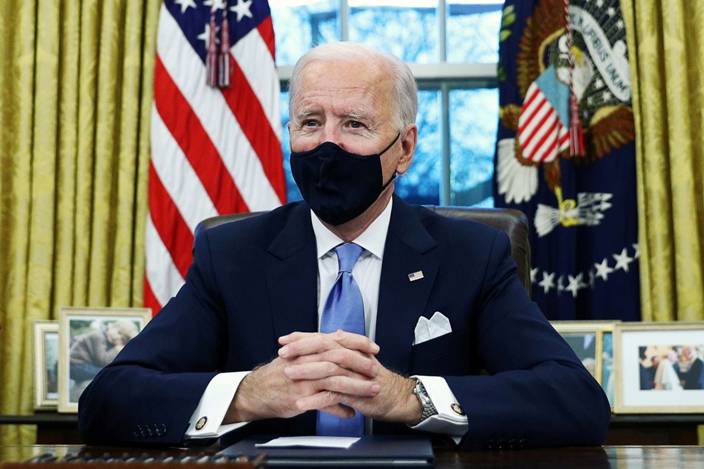Biden Cabinet Picks Don’t Look Like Doves on China, Chinese Experts Say
Listen to the full version

As the U.S. Senate on Wednesday confirmed President Joe Biden’s first cabinet-level official, National Intelligence Director Avril Haines, the Biden team has begun to shape up.
During the confirmation process, some Biden officials have publicly stated their policy views on China. The new president’s pick for secretary of state, Antony Blinken, vowed that the U.S. can “outcompete” China, while the Treasury secretary nominee, Janet Yellen, said she will “take on China’s abusive, unfair and illegal practices.”

- PODCAST
- MOST POPULAR






